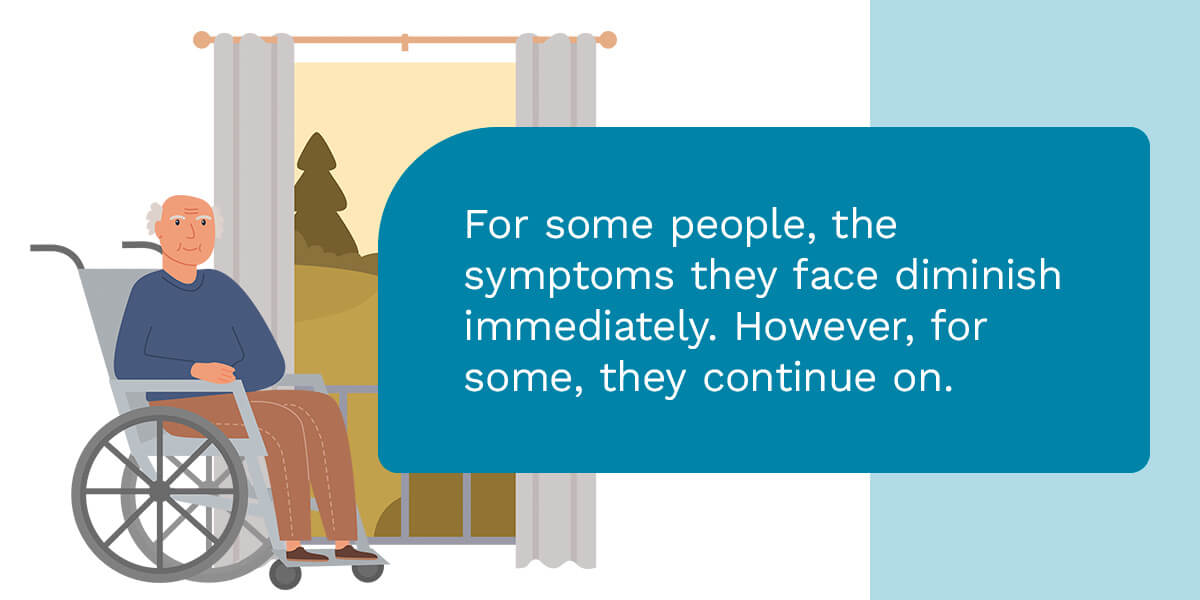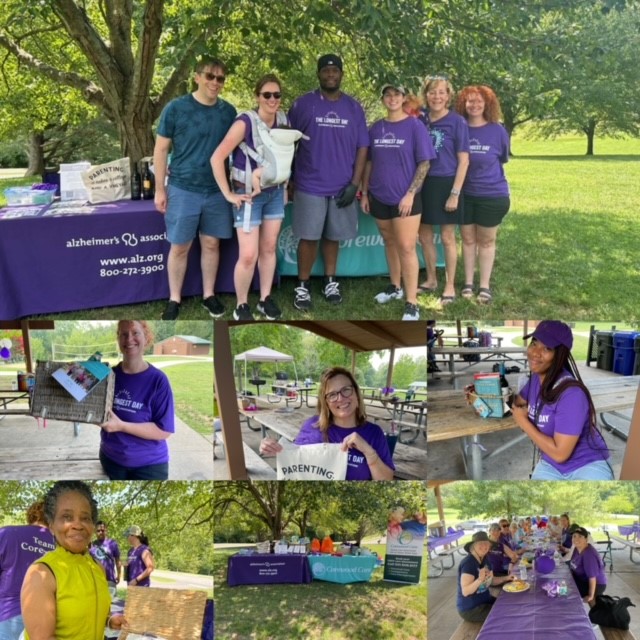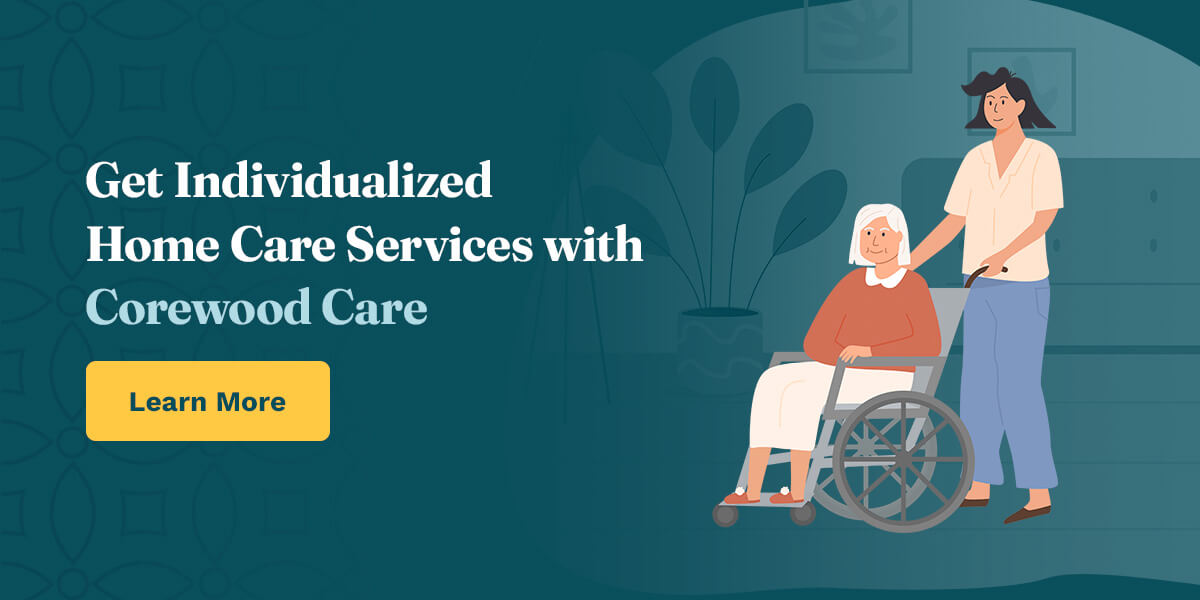Maintaining Mental Health as a Caregiver
Maintaining good mental health is a crucial factor when caring for an older adult with dementia or Alzheimer’s, or for those who require assistance with activities of daily living (ADLs). Your mental health is precious, and finding ways to stay healthy helps prevent burnout and support overall emotional well-being.
Understanding Caregiver Burnout
It’s normal for the role of a caregiver to feel overwhelming at times — and the accumulation of stress over time is what can lead to burnout. Caregiver burnout can involve mental, emotional, and physical components related to caring for an older adult, especially a parent or close relative. For example, completing tasks like bathing and helping with mobility can be physically demanding.
With less time for themselves, caregivers may neglect their own physical health and wellness. Sacrificing their time may also lead to feelings like loneliness and regret, impacting emotional and mental well-being.
Caregiving and Stress Management
Fortunately, there are ways to manage stress and prevent caregiver burnout. Caregivers can take steps to communicate their feelings openly, build a support network and prioritize their mental and overall health. Stress management tips include:
- Maintain a regular exercise routine.
- Practice relaxation techniques like meditation.
- Create a consistent schedule that includes regular breaks.
- Make time for hobbies such as reading or painting.
- Set realistic boundaries for additional responsibilities.
The Support of Family and Friends in Caregiving
Friends and family are pivotal in helping caregivers maintain their mental health. With their consistent support, caregivers have a refuge when they encounter challenges like fatigue or feeling isolated. Family and friends can offer emotional support, practical help, and guidance to help caregivers enjoy their responsibilities as well as enjoy some occasional time for themselves.
Exploring Respite Care Options
Respite care is the solution to ensuring caregivers can enjoy balance and support their overall health. At Corewood Care, our team offers companion care services so caregivers can enjoy temporary relief from their duties. Our care professionals can help with light housekeeping, medication and appointment reminders, meal preparation, emotional and wellness support, socialization, and entertainment.
Our licensed care team members are trained to attend to the needs of older adults so their family caregivers can take a break and return feeling replenished and rejuvenated.
Seek Professional Help at Corewood Care
At Corewood Care, we are here to help. As part of our companion and dementia care services, our caregivers can provide relief for family members or friends caring for an older adult, especially those with health issues affecting their daily activities.
If you’d like to discuss our respite care options, call us at 301-909-8117 or complete an online form to schedule a free home care assessment.



Recent Comments